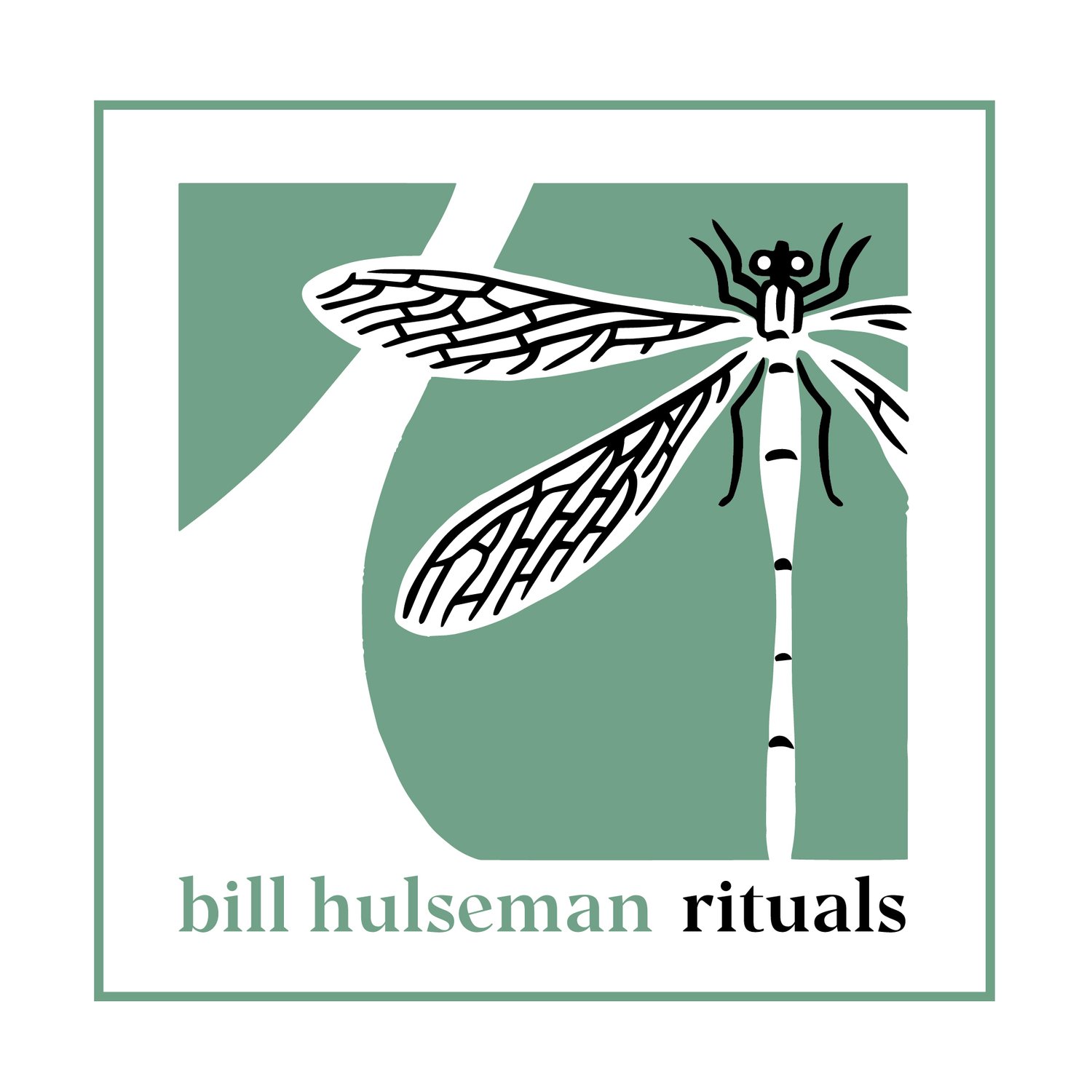blueprint
Photo by me of the Martin Luther King, Jr., Memorial, Washington, DC.
Six months before he was assassinated, Dr. Martin Luther King, Jr., gave an address to a middle school in Philadelphia. He could’ve laid out the terrible things that Black people experienced. He could’ve identified the obstacles that those students faced. He could’ve been cynical or bitter. And like most people encountering tweens, he could’ve condescended and dumbed-down his talking points. Instead, he asked a question, “What is your life’s blueprint?”
More than other, more popular addresses from Dr. King’s nonviolent crusade for justice, I’ve loved this speech and turned to it often for inspiration, and I’ve found myself returning to it this week on the cusp of the Inauguration. Half the country seems poised to celebrate, and the other half swim in a mix of anxiety, dread, and desperation. I can only hope that this is a temporary state, that it doesn’t crystallize into cynicism and pessimism or devolve into violence, but it strikes me that Dr. King’s message speaks directly to us today.
Number one in your life’s blueprint should be: a deep belief in your own dignity, your own worth and your own somebodiness.
Dr. King is specifically talking to a group of Black middle schoolers, but his words apply to anyone whose personhood, whose autonomy, whose beauty is targeted and degraded. That “somebodiness,” that sense of self and belief in one’s own dignity is an antidote to the messaging, the vitriol, and the insidious self-hatred that creeps in when the haters make us doubt ourselves. I’m thinking specifically of trans folx currently suffering target practice from so-called “patriots” and “Christians” who can’t see beyond their own binary blindness. “Don’t allow anybody,” he pleaded, ”to make you feel that you are nobody. Always feel that you count, always feel that you have worth, and always feel that your life has ultimate significance.” I want to tattoo this on my forehead not just to communicate to others I encounter that I might be a cis, White male, but I see them, I value them, and I stand with and want to protect them, but also to remind myself when I look in the mirror.
And when you discover what you’re going to be in life, set out to do it as if God Almighty called you at this particular moment in history to do it.
In the second part of his speech, Dr. King cites a litany of Black excellence, from Leontyne Price and Booker T. Washington to George Washington Carver and Muhammad Ali. “All of them came to tell us that we can be somebody,” that, like them and despite the barriers that trap us, each of us is a ball of potential waiting to shine. I’m reminded of the importance of visibility–when people “like us” aren’t seen in positions of leadership, when stories “like ours” are excluded from stages and screens, it’s too easy to believe that we’re not good enough to be seen. I think of the backlash that Ellen and Will & Grace faced just to get stories about queer people who weren’t reduced to accessories or victims onto our TVs. I think of the sudden ubiquity of RuPaul’s Drag Race and the explosion of queer actors joining the lists of nominations for Hollywood’s top prizes, of the increasing numbers of openly queer elected officials. But, now 60 years since the Voting Rights Act, I’m also mindful of the ongoing struggle for Black people to exercise their most fundamental American rights. I’m mindful of the dearth of BIPOC people not just in Hollywood storylines but in board rooms and in elected offices. Developing a roster of success stories shouldn’t be an exercise in exceptionalism: it needs to be an ever-growing and ever-expanding list, one that any one of us, despite what we look like, how we love, where we’re from, and how we see the world, can join.
And finally, in your life’s blueprint must be a commitment to the eternal principles of beauty, love, and justice.
Dr. King ends on a high note and with a series of memorable mantras–contrasting “Burn, baby, burn,” he offers “Organize, baby, organize” and “Learn, baby, learn so what we can earn, baby, earn.” Today, though, I’m stuck on a more difficult instruction woven into the speech: “Don’t allow anybody to pull you so low as to make you hate them.” It’s a stark and difficult reminder right now. Battle lines have been drawn, and extremists on both ends send a message of “You’re with us or against us.” Perhaps the darkest thing I can say about the world we’ve created is that it’s so, so easy to hate each other. What I glean from Dr. King’s speech today is not what I usually find when I return to it, a call to search for and uplift beauty, love, and justice; instead, I’m reminded that whatever blueprint we draw up, whatever plans we have for personal success or social justice, the result is an empty shell if it’s built on a foundation of hatred.
Dr. King ends with what has become a popular and pithy mantra:
If you can’t fly, run. If you can’t run, walk. If you can’t walk, crawl, but by all means, keep moving!
But today, I know that moving forward without loving–loving ourselves, loving each other, and even and especially loving the people who hate us–isn’t, and will never be, enough.

